Why I took a year off between my bachelor’s degree and master’s program
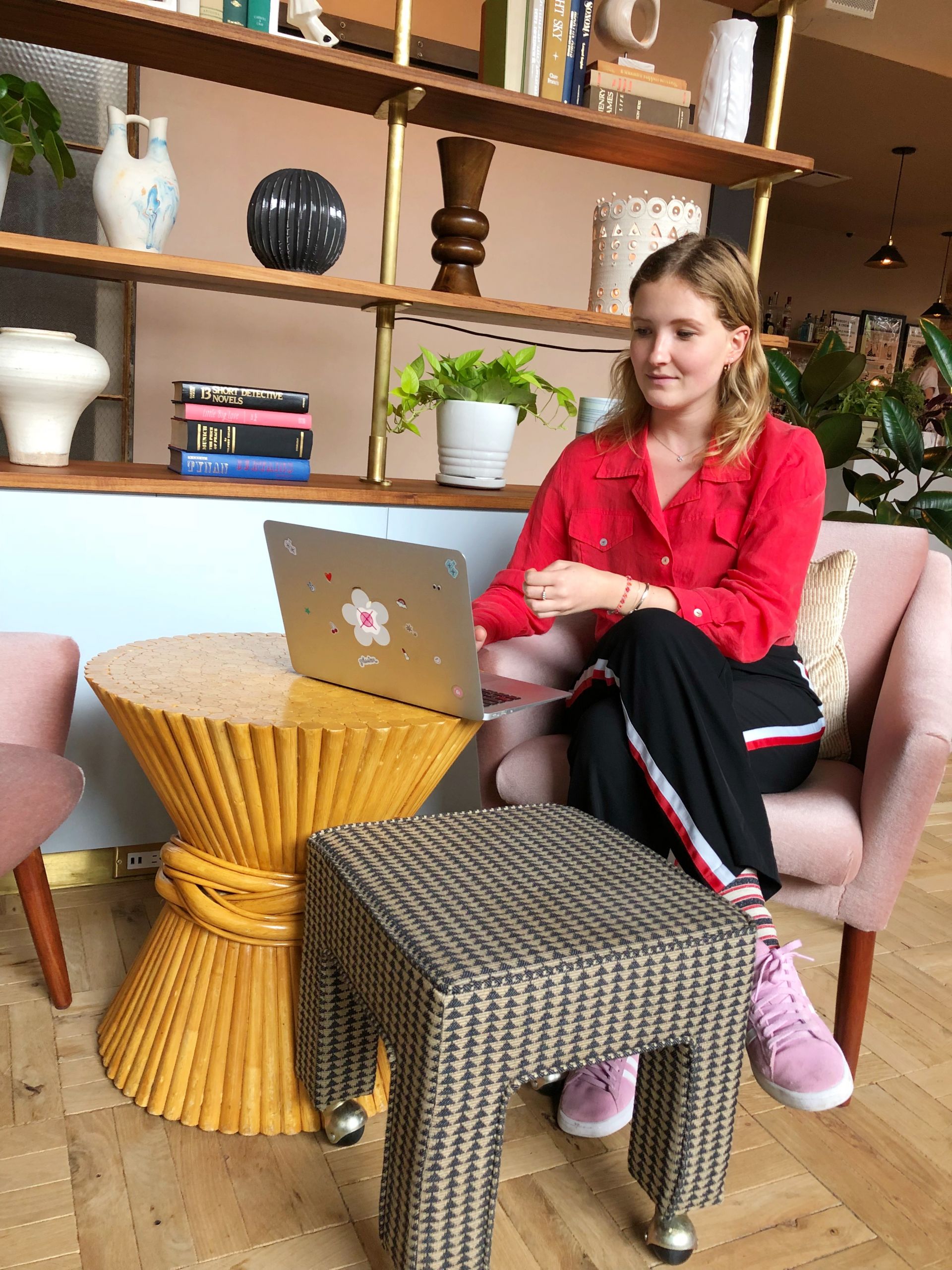
(Privat photo: Caroline Sølver)
After three years of studying at CBS and graduating with a bachelor’s degree in Intercultural Market Communication, I chose to take a break from university study for a year before beginning my master’s program. In this post, I share the reasons for that decision.
In the magical summer of 2019, I graduated after three years of hard work, tons of studying and lots of exams. What a great experience, and now it was time to celebrate and enjoy the summer! But unlike the rest of my class, I wasn’t heading back to school for my master’s program once the summer was drawing to an end. Instead, I’d chosen to take a year off between my bachelor and master studies.
It’s now been roughly nine months since the oral defense of my bachelor’s thesis, and I haven’t regretted my decision once.
So, back to the start. Why did I choose to take this break instead of getting it over with? There are several reasons behind my decision.
Time to focus on me and implementing everything I had learned at university in practice
1. First of all, I felt that I could use a year off university. Partly for my own sanity, and partly to focus on my own projects without being stressed out about handing in papers, studying enough and showing up for classes… and online classes.
2. I wanted to take the opportunity to spend the year focusing fully on my career and goals, and implementing all the tools and methods that I’d spent three years learning, instead of just reading and writing about them in theory.
3. While I believe that university and education are important, especially within my field, I also believe in the power of work experience and growing your network. Ultimately, a mix of those three is key. This year would give me the power to focus on the two latter aspects.
4. I’m not in a rush. While some students rush to finish their studies ahead of time and dream of becoming a 24-year-old consultant, that’s not my trajectory. I’m highly motivated and ambitious, but in a different way. Taking this year off isn’t really a big deal – in the bigger picture of my life, it doesn’t matter if I graduate when I’m 24 or 28. I’m privileged that way.
The result?
I realized that I made the right decision once I felt how much energy and time I had on my hands as I didn’t need to worry about university. In the nine months I’ve been off focusing on building my own career, I’ve taken on a long list of freelance clients.
I’ve started my own podcast, written two guidebooks that will be published soon, had two knitwear products sold in Netto all across Denmark, been featured in several huge media outlets and opened an online shop. It’s incredible where all that energy and motivation came from, just from not having to deal with studying, homework, papers and exams!
Being able to test and apply all my new knowledge, theory and methods from my bachelor’s degree in practice has provided me with so much experience. That underlines how important it is not only to know and understand the theory and methods, but also to learn and know how to use them in practice.
While ‘comparison is the thief of joy’, as the Danes say, I can’t help but compare myself to some of my classmates. Some of them began studying for their bachelor’s degrees as 18-year-olds right out of high school. They are A+ students, always showing up having read absolutely everything. They do well, until during exams when the teacher asks them about a marketing case situation; what would they advise a company to do if hired to x?
They don’t have an answer because they have no experience out in the field. Then they graduate as 23-year-olds, but who’s going to hire them when they have no real work experience? I’m not mocking this approach, it’s just the picture I’m using to justify my choice of taking a break from studying.
My approach is now backed up by the Danish government
Ultimately, my decision to take a break was confirmed as a plausible idea by the Danish government. In spring 2019 they changed their rules. Previously, students have had to finish their bachelor’s degrees and jump straight on to their master’s studies if they wanted to be assured a spot and not have to apply for programs. The rule has been changed so that now students have three years after graduating from their bachelor’s studies to spend however they want, while still being assured a spot on their assigned master’s program.
This underlines that for some, taking time to get work experience and taking a break from studying can be great ideas!
My feeling that this rings true is also confirmed by knowing that a lot of the jobs I get are due to the experience I have in my field. I’m often complimented by managers and clients that I’ve lived abroad, both in Berlin and New York City.
Frankly, these two factors seem to play a more important role with employers than the fact that I have a bachelor’s degree. I know that this isn’t true for all industries and kinds of jobs. You won’t get a job as a medical doctor without studying medicine for example.
Essentially, there are tons of ways to do things. While this decision was right for me, it doesn’t mean that it’s right for everyone. That’s why it’s great that the rule has been changed, so people can take a break if they want to, or they can head right on to study if that’s what rows their boat. The important part is to ask yourself what feels right for you. That’s what I did, and I haven’t regretted it or looked back once.


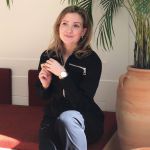
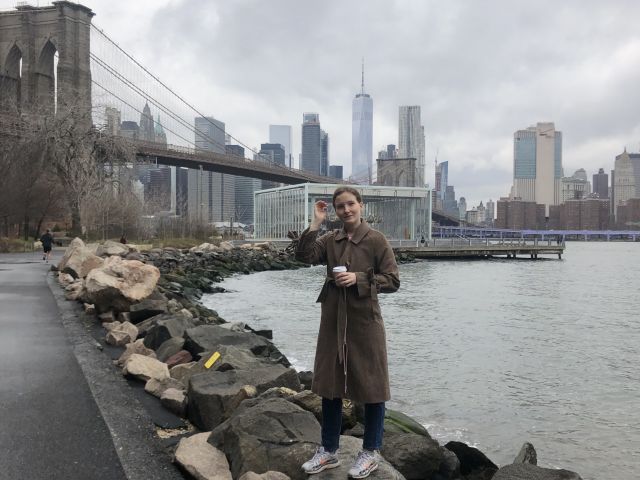
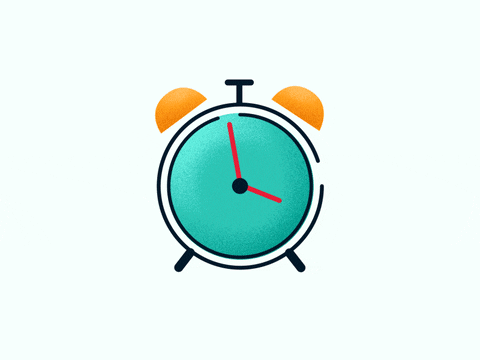
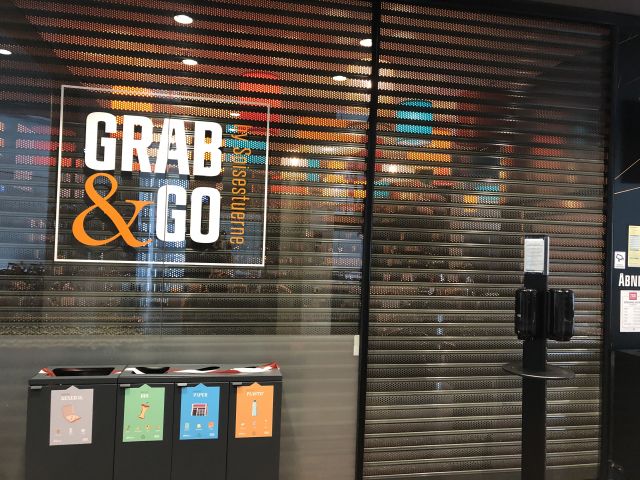




























































































































Comments